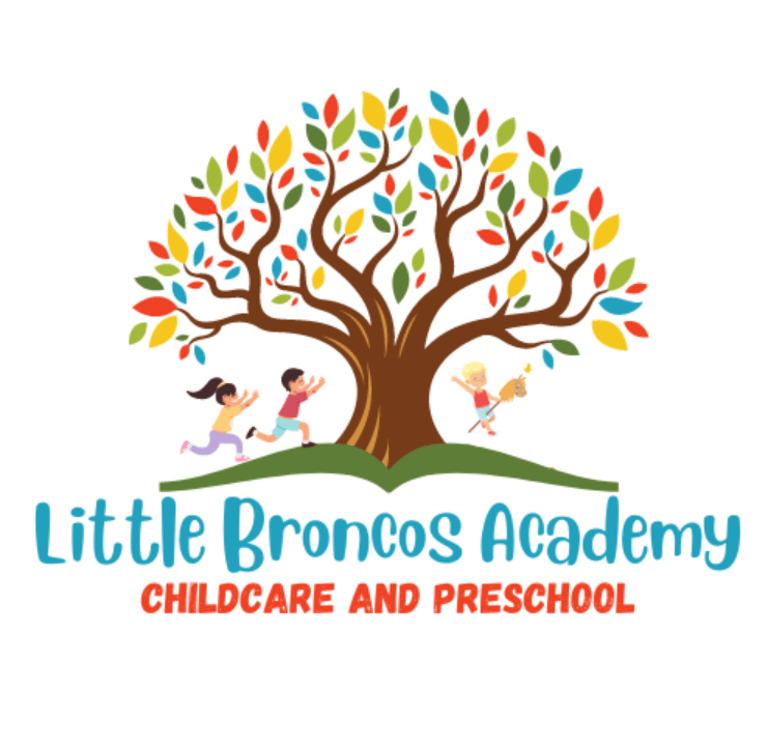The Importance of Early Childhood Education for Preschools
In the world of early childhood development, preschools are the gateways to a child's future. These formative years are a critical phase where the foundations for lifelong learning and success are laid. As a preschool, we understand the vital role we play in nurturing young minds. In this blog post, we will delve into the importance of early childhood education for preschools and the lasting impact it has on children's lives.
12/20/20232 min read


Preschools are more than just a place for children to play and socialize. They serve as the gateways to a child's future, providing the foundation for lifelong learning and success. In the world of early childhood development, the importance of early childhood education cannot be overstated.
During the early years of a child's life, their brains are like sponges, absorbing information and making connections at a rapid pace. This is the time when their cognitive, social, emotional, and physical development is at its peak. By providing a stimulating and nurturing environment, preschools play a crucial role in shaping a child's development.
One of the key benefits of early childhood education is the development of essential cognitive skills. Preschools provide a structured curriculum that focuses on developing language, literacy, and numeracy skills. Through activities such as storytelling, singing, and counting games, children are exposed to the building blocks of learning. These foundational skills form the basis for future academic success.
Early childhood education also fosters social and emotional development. Preschools provide opportunities for children to interact with their peers, learn how to share, take turns, and resolve conflicts. These social interactions help children develop important social skills such as empathy, cooperation, and communication. They also learn to regulate their emotions and develop a sense of self-confidence and independence.
Furthermore, preschools play a vital role in preparing children for the transition to formal schooling. They introduce children to routines, structure, and the concept of following instructions. By providing a structured learning environment, preschools help children develop important skills such as listening, following directions, and completing tasks. These skills are essential for a smooth transition to kindergarten and beyond.
Research has shown that children who attend high-quality preschool programs are more likely to succeed academically and socially in later years. They have higher rates of high school graduation, college enrollment, and overall educational attainment. They also have better social skills, higher self-esteem, and are less likely to engage in risky behaviors.
As a preschool, we understand the lasting impact we have on children's lives. We strive to provide a nurturing and stimulating environment that fosters a love for learning and sets the stage for future success. Our dedicated teachers and staff are trained in early childhood education and are passionate about providing the best possible start for every child.
In conclusion, early childhood education is of utmost importance for preschools. It lays the foundation for lifelong learning, cognitive development, social and emotional skills, and prepares children for future academic success. By investing in high-quality preschool programs, we are investing in the future of our children and society as a whole.
14400 Daleville Rd
Daleville, IN 47334
Get More Info!
(765) 702-4209
www.littlebroncosacademy.com
Hours:
M-F
7:00AM-5:30PM
